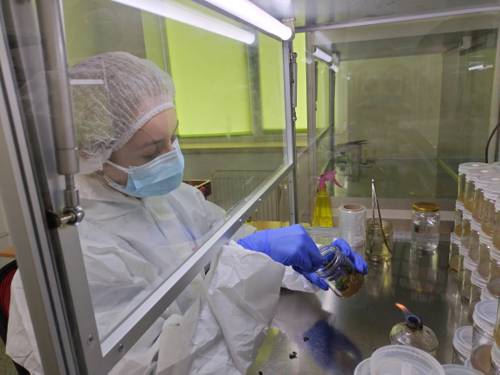
FAQ About Indoor Plant Micropropagation Methods

Are there ethical concerns related to micropropagation of indoor plants?
Generally, ethical concerns in micropropagation are minimal, especially compared to genetic modification. However, issues could arise in terms of intellectual property rights and the ownership of plant varieties, particularly when new cultivars are developed through micropropagation.
Other Questions About Indoor Plant Micropropagation Methods
- What is micropropagation in indoor plants?
- How does micropropagation benefit indoor plant production?
- What are the common steps involved in indoor plant micropropagation?
- Which indoor plants are suitable for micropropagation?
- Is micropropagation used only for indoor plants?
- What kind of environment is required for micropropagation?
- Can micropropagation help in conserving plant biodiversity?
- What are the challenges associated with micropropagation?
- How do you ensure the genetic stability of plants produced through micropropagation?
- What role does growth medium play in micropropagation?
- Are there cost implications for using micropropagation in commercial indoor plant production?
- Can micropropagation be done at home?
- What are the latest advancements in micropropagation for indoor plants?
- How long does the micropropagation process take for indoor plants?
- Is micropropagation environmentally friendly?
- How do scientists select the plant tissue for micropropagation?
- What is the difference between micropropagation and traditional propagation methods?
- Can micropropagation be used for genetically modified plants?
- Are there ethical concerns related to micropropagation of indoor plants?
- How is contamination controlled in micropropagation?

Create new FAQ page, write FAQs and publish for your clients, friends, colleagues, visitors, students, customers, guests, neighbors, or yourself.
Create Your Own FAQ Page now